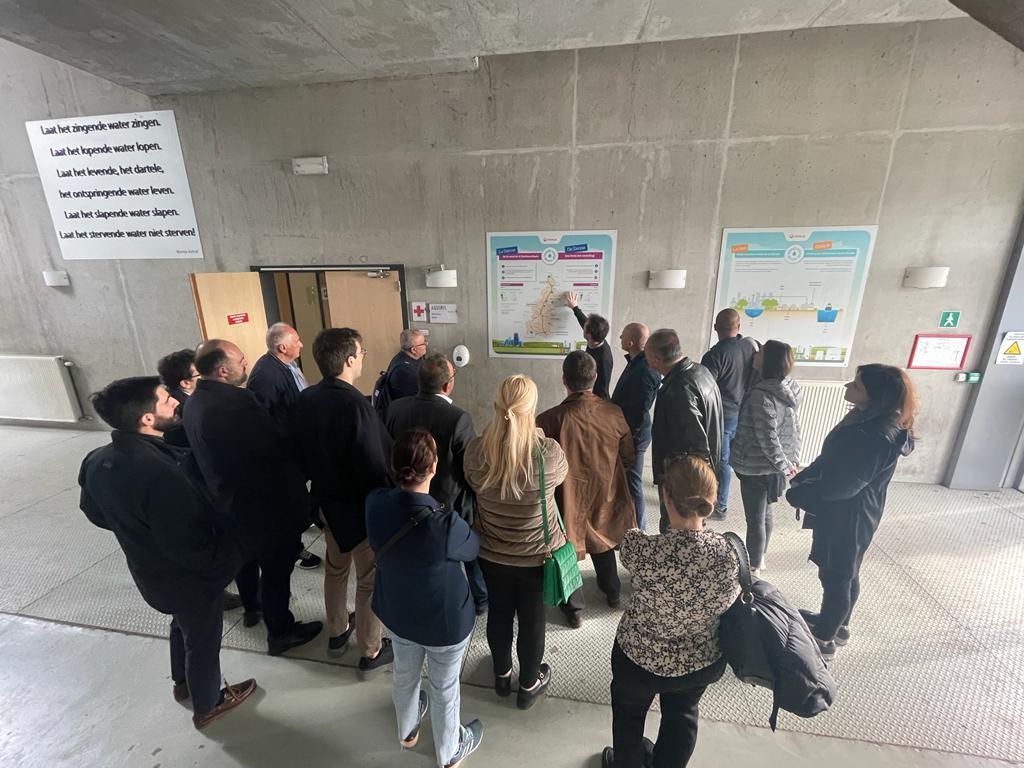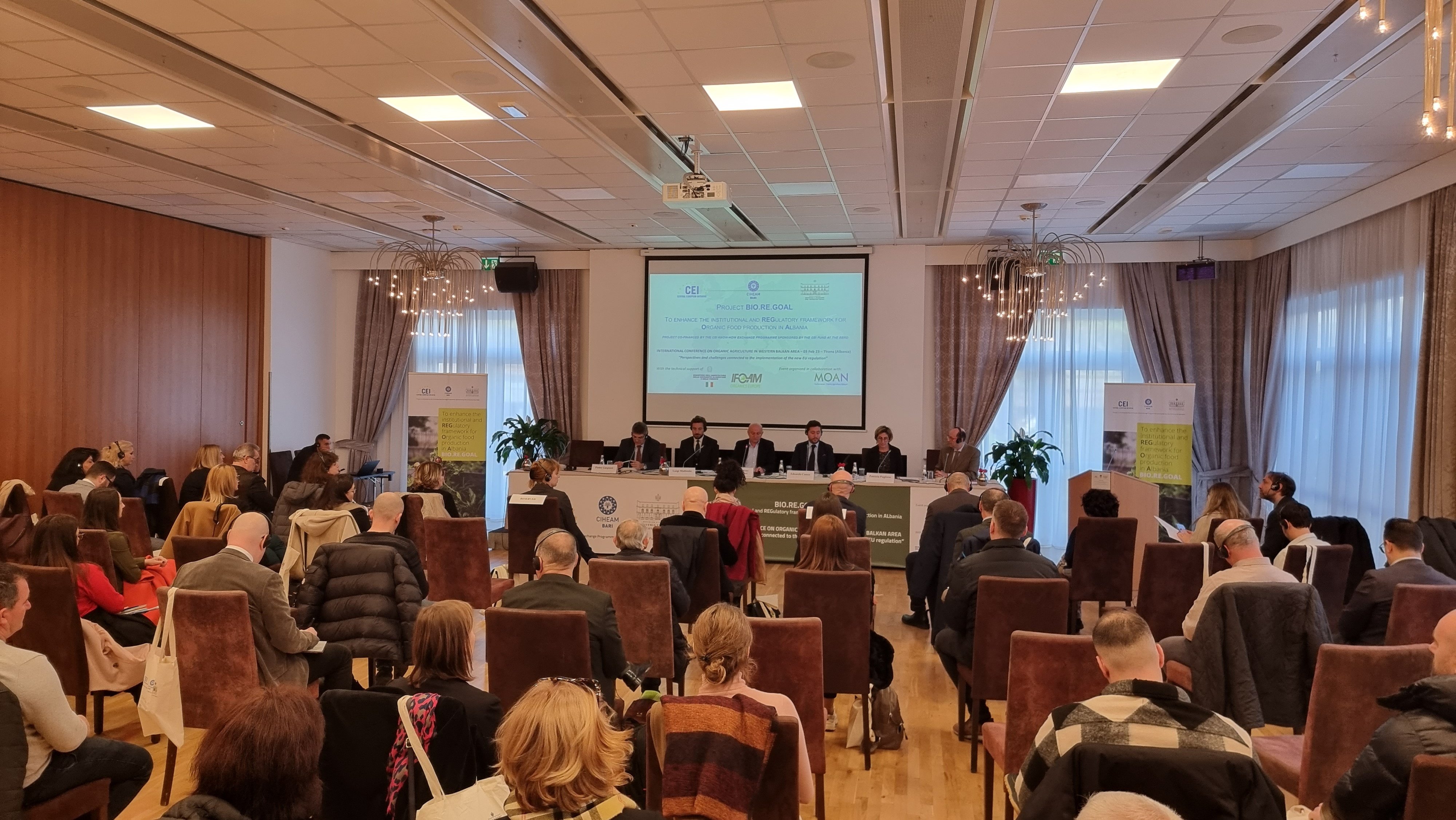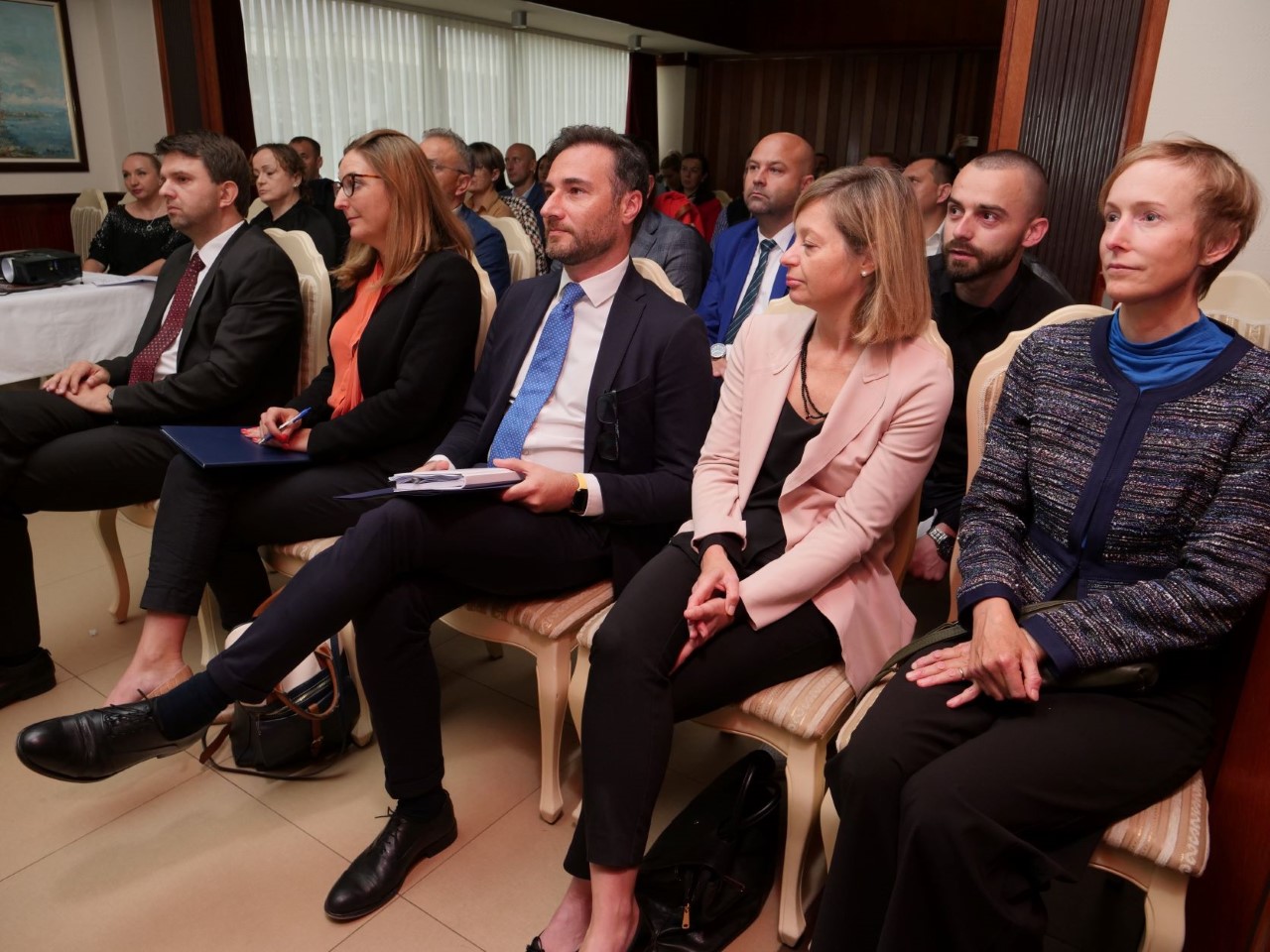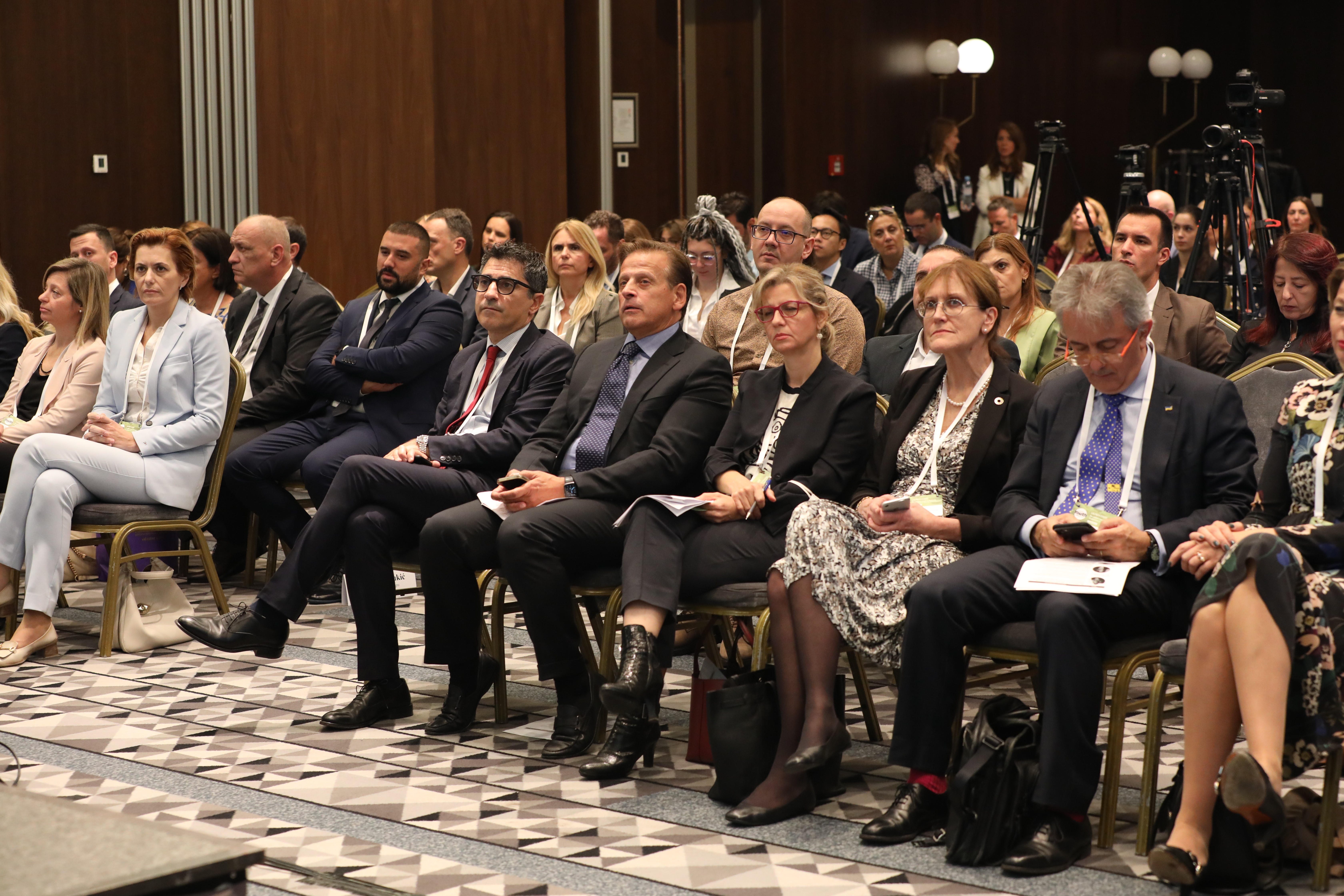The four-month project “On the Job Training in Humanitarian Demining and Mine Risk Education (MRE)”, which started on 11 October 2014 in Bihac (BiH), aims at improving the local capacity in the demining and Mine Risk Education sector, in order to support the local NGO Mine Detecting Dog Center (MDDC).
On-the-job training will be carried out according to the Humanitarian Demining Principles and Standards. The Italian project leader Intersos, with many years of experience in mine clearance and reclamation of land in the dangerous areas in Bosnia and Herzegovina, will assist the demining expert team in its activities, highlighting weaknesses and strengths as well as revising and discussing the techniques and approaches used to clear the selected area.
The project is co-financed by the CEI Fund at the EBRD, entirely contributed by Italy, in the framework of the CEI Know-How Exchange Programme (KEP). Out of the total project cost of about 80,000 EUR, the approved CEI co-financing amounted to 40,000 EUR.
The floods, which severely affected Bosnia and Herzegovina in May, have a stronger need for demining and MRE interventions. Even though some areas have already been cleared, scattered unexploded ordinances and mines are still deadly threats due to the floods. The beneficiary of the project, the Mine Detection Dog Center in Bosnia and Herzegovina train mine detection dogs and through their experience have become accredited to perform mine clearance/demining tasks, use mine detection dog teams, train mine detection dog teams and conduct mine risk education and mine victim assistance projects.
The first phase of the project consists in a briefing on Humanitarian Demining Procedures and Standards with the presentation of Intersos activities and results in BiH, highlighting the differences and procedures of the Humanitarian Demining. The second phase comprises job training in the municipality of Bihac, in the identified zone near the Trzacka Rastela – Lovacka kuca area. The demining of approximately 8000 m2 of land will be completed under the guidance and supervision of the Intersos demining expert. The applicant and beneficiary will also organise MRE sessions for vulnerable groups, including students, farmers and the community living near the most dangerous areas. A final promotional event is envisaged at the end of the project, which will be concluded by the end of the year.
For more information: dovier@cei.int, biadene@cei.int

On-the-job training will be carried out according to the Humanitarian Demining Principles and Standards. The Italian project leader Intersos, with many years of experience in mine clearance and reclamation of land in the dangerous areas in Bosnia and Herzegovina, will assist the demining expert team in its activities, highlighting weaknesses and strengths as well as revising and discussing the techniques and approaches used to clear the selected area.
The project is co-financed by the CEI Fund at the EBRD, entirely contributed by Italy, in the framework of the CEI Know-How Exchange Programme (KEP). Out of the total project cost of about 80,000 EUR, the approved CEI co-financing amounted to 40,000 EUR.
The floods, which severely affected Bosnia and Herzegovina in May, have a stronger need for demining and MRE interventions. Even though some areas have already been cleared, scattered unexploded ordinances and mines are still deadly threats due to the floods. The beneficiary of the project, the Mine Detection Dog Center in Bosnia and Herzegovina train mine detection dogs and through their experience have become accredited to perform mine clearance/demining tasks, use mine detection dog teams, train mine detection dog teams and conduct mine risk education and mine victim assistance projects.
The first phase of the project consists in a briefing on Humanitarian Demining Procedures and Standards with the presentation of Intersos activities and results in BiH, highlighting the differences and procedures of the Humanitarian Demining. The second phase comprises job training in the municipality of Bihac, in the identified zone near the Trzacka Rastela – Lovacka kuca area. The demining of approximately 8000 m2 of land will be completed under the guidance and supervision of the Intersos demining expert. The applicant and beneficiary will also organise MRE sessions for vulnerable groups, including students, farmers and the community living near the most dangerous areas. A final promotional event is envisaged at the end of the project, which will be concluded by the end of the year.
For more information: dovier@cei.int, biadene@cei.int








